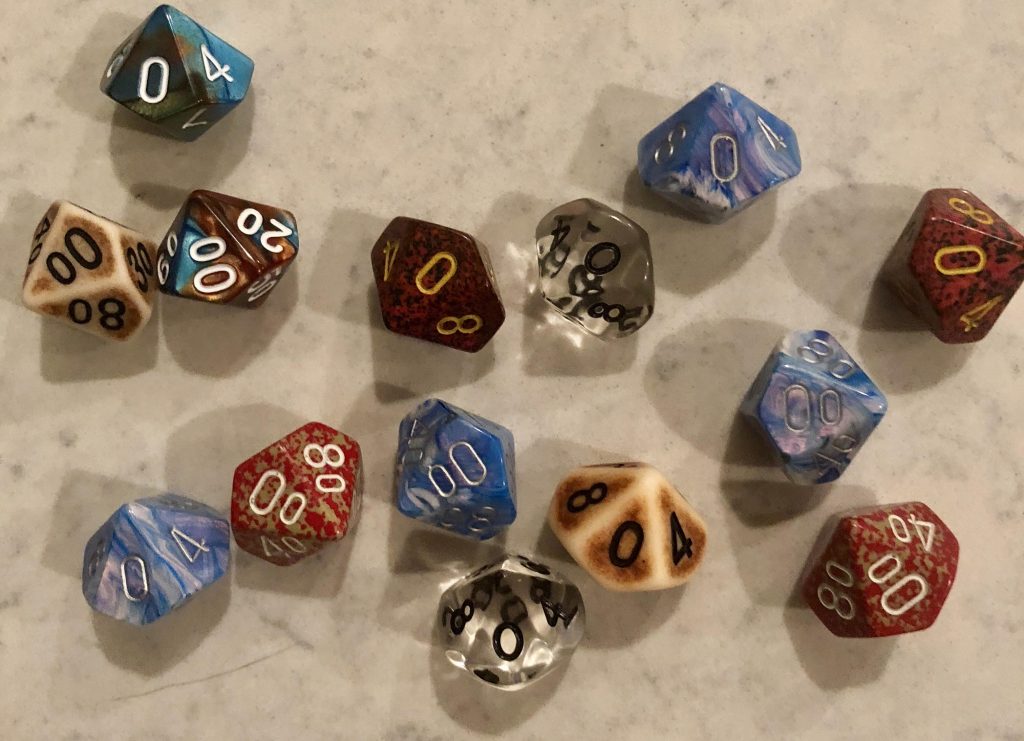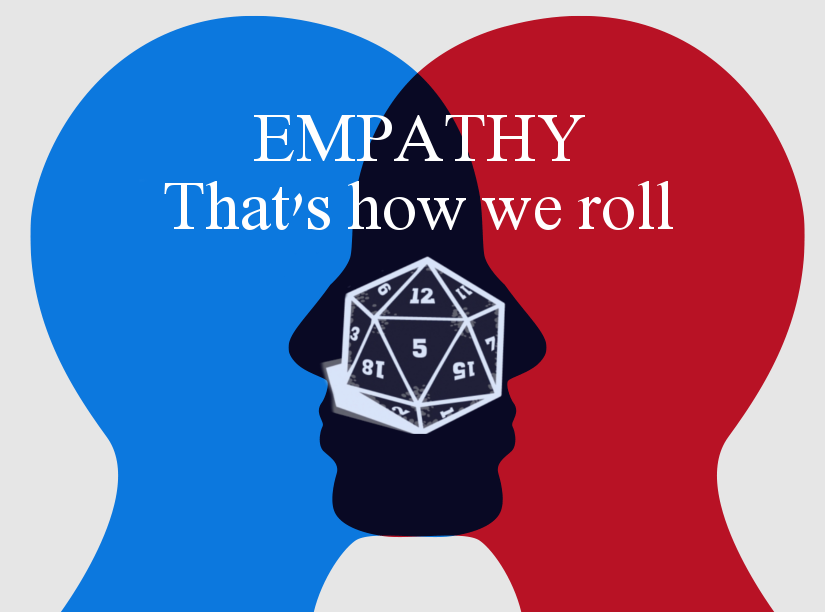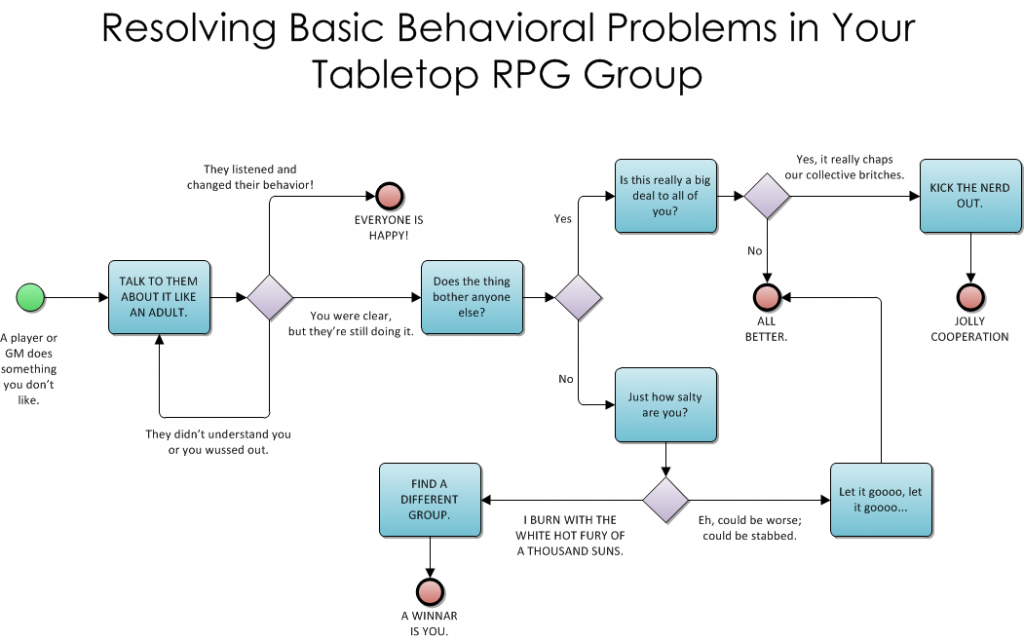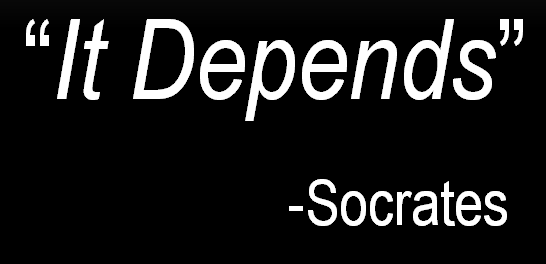If you as a DM don’t use a session zero in your campaign, I highly suggest you do. And if you’re a player, I recommend you ask for one. What is a session zero? It’s a time when the DM and players meet to accomplish two things: set some ground rules for the campaign, players, and group, as well as to potentially make characters together. For this article, I’m going to focus on the parts that are not character creation related.

The Purpose of a Session Zero
The session zero covers two points. One is character creation, which we won’t be discussing in this article. The second is more of a social contract: setting ground rules and expectations for all sorts of things that may or may not come up over the course of play in a campaign. As a general rule, session zero is important for campaign play, but often less important (and usually skipped) for convention play, one shots, and similar where the game is not long lasting.
So, what things should you cover in a session zero? If you’re an experienced player, think of things that have caused friction in past games, and of things that you experienced differently from one DM to another. Wouldn’t it have been nice if someone — probably the DM — had told you of those differences up front? That’s half the goal of a session zero.
It should cover things that might cause friction between players, of course. And also things that might cause friction between the DM (or the game in general) and players. If you intend to DM a game of Curse of Strahd (a gothic/horror game dealing with werewolves and vampires), and players are thinking of a light-hearted funny campaign, people are going to be disappointed — maybe even enough to leave the game. At its heart, a session zero is meant to avoid that disappointment in the first place.
What to Cover in a Session Zero
A good session zero is as broad as you are willing to make it, or as experience tells you that you need. Going a bit overboard with more details is probably better than having too few, but as with all D&D advice it depends on your specific group. Of course, thinking of your players — past and present — and using empathy can only enrich your session zero.
Typically, DMs run a session zero just like they would run any other session, except they aren’t roleplaying the part of NPCs and monsters or adjudicating rules. Instead, they are hosting a less formal session that’s essentially a meta-discussion about the game itself. In fact, session zeros often work better from a railroaded outline or document where the DM goes down a list and discusses things one by one, weaving in the natural ebb-and-flow of the players discussion.
Specific Session Zero Suggestions
Some things a DM should consider discussing, in no particular order:
- Campaign Theme: Is this the type of game your players want to play? Will it be wilderness or urban? What levels of play do you expect?
- Campaign Play Style: Do you use certain tools like Roll20 or Obsidian Portal? Do you prefer tactical combat with minis and terrain or theater of the mind? How strict are you in regards to playing by the rules? Will it be combat heavy or intrigue-laden?
- Experience: How does experience and leveling up work in your games? Do you automatically level up, require a long rest, must find a new teacher to multi-class?
- DM Expectations: What are you looking for in players?
- Player Expectations: What should players expect with you as a DM?
- Attendance: How do you handle missed sessions? What about tardiness? What is your low player threshold (how many players can miss before you cancel games, or play board games or something else instead)?
- Rule Contention: How should players handle it if you make a potential bad ruling?
- Meta Gaming: How much is too much for you? What do you as a DM even consider meta gaming to be?
- Out of Character Talk: How much joking and goofing off is allowed? Are you a strict in-character DM, or do you take anything a player says as in-character gospel if not declared otherwise?
Examples of a Session Zero
I’ve been using a pretty consistent template for a session zero that I modify campaign to campaign to fit each one. The last one I placed online was for Curse of Strahd; you can see that “campaign play style” on Obsidian Portal, a tool that’s great for keeping all of a campaigns details organized for both players and the DM.
Another great example is a series of questions that lead you in creating your own template on this reddit thread.


